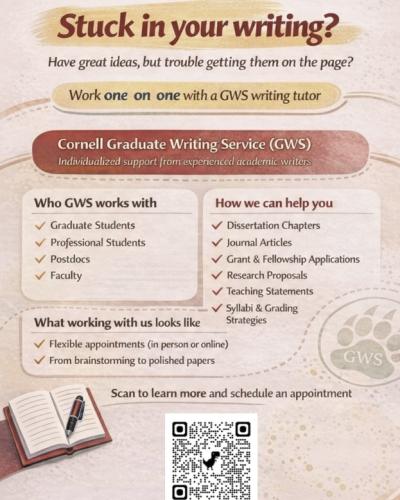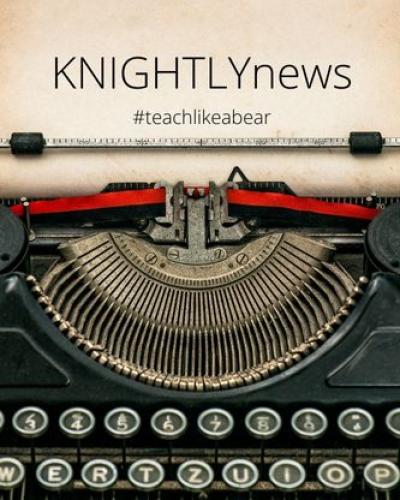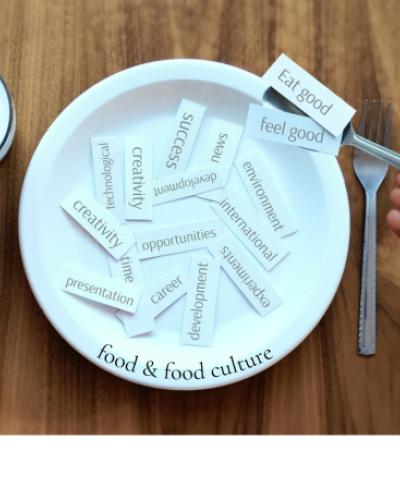This fall, students will research and write about topics related to food and food culture in these First-Year Writing Seminars:
COMPARATIVE LITERATURE 1119 | A Taste of Russian Literature (Raissa Krivitsky)
Explore important aspects of the Russian culture in broad historical, geopolitical and socioeconomic context through the lens of Russian folklore, poetry, short stories of Gogol, Chekhov, and Bulgakov, works of contemporary Russian-American writers, visual art, and international film, in which, among other things, food and Russian culinary and hospitality tradition figure prominently. The literary journey will take you from the lavish tables of the eighteenth-century aristocracy, to the hardship and austerity of GULAG prison, to the colorful and savory regional fare of the former Russian Empire and Soviet Union, to the fridge and pantry staples in the everyday life of Russian family. Your writing assignments will help you develop critical thinking and argumentative skills, precision and clarity of expression, ability to write with discipline, creativity, and sense of style.
MEDIEVAL STUDIES 1101 | Aspects of Medieval Culture: Food in the Medieval World (Alice Wolff)
The proverb “you are what you eat” was just as true in the medieval period as it is today. What foods did medieval people in Eurasia and North Africa consume, and what role did their food choices play in their identities? This course will explore medieval food and identity from archaeological, anthropological, and historical perspectives, with readings including scientific articles, excerpts from history books, and medieval sources ranging from Arabic cookbooks to trial testimony from the Spanish Inquisition. Writing assignments will focus on skills such as science communication, revision of academic writing, and crafting evidence-based arguments on individual research topics. The final project will offer the option for either a creative/nontraditional work or a traditional research essay.
ROMANCE STUDIES 1108 | Cultural Identities, Cultural Differences: Food Cultures (Itziar Rodrigues de Rivra)
Food is a basic human need, but it carries a wide array of cultural meaning. Ethnicity, nationality, religion, social class, gender, or personal taste, influenced by food choices and practices. Through interpreting fiction, poems, essays, and films, this course will examine the cultural and social significance of food, the role of food as a literary choice and cinematic device, and images of eating, cooking, and drinking as metaphors of human experience and desire. We will analyze works both from the United States and from around the globe.
ROMANCE STUDIES 1114 | Semiotics (Ti Alkire)
What allows us to make assumptions about people based on the way they speak or dress? How can we understand the deeper meaning of a fairy tale or an episode of The Simpsons? What does macaroni and cheese mean, and why is it not on the menu at most upscale Manhattan eateries? This seminar introduces semiotics, the study of signs and the meaning-bearing sign systems they form; sign systems that include not only human language but also literature, painting, sculpture, film, music, dance, and also such aspects of popular culture as advertising, fashion, food, and television, to name just a few. The diversity of semiotic systems provides many possibilities for thinking and writing critically about the world we live in.
WRITING 1370 | Elements of Academic Writing: Food for Thought (Tracy Carrick)
How does the food on your table tell a story about you, your family, your community, your nation? How do we make food choices, and how are these choices complicated by the cultural, socio-economic, and political forces that both create and combat widespread international hunger and food insecurity? Join this course to study the essential elements of academic writing and to learn flexible and sustainable strategies for producing interesting, clear, and precise academic prose that can address a variety of audiences and meet diverse rhetorical aims. Writing 1370/80 is a smaller FWS (capped at 12 students) that spends more time navigating the steps in the writing process in order to respond to each student’s individual needs and build confidence and reflective practice. As in all FWSs, students practice higher-order thinking, close reading, and analyzing evidence. They also complete 4-5 major writing assignments. This course places greater emphasis on in-class writing, one-on-one conferences with the teacher, peer workshopping, discussion, and learning to talk about how different types of writing work. Students will deeply engage diverse course materials (journalism, scholarly articles, podcasts, films, etc.) on topics like art, literature, and relevant social issues to explore ideas about a text, write for specific audiences, and develop creativity, style and voice.





